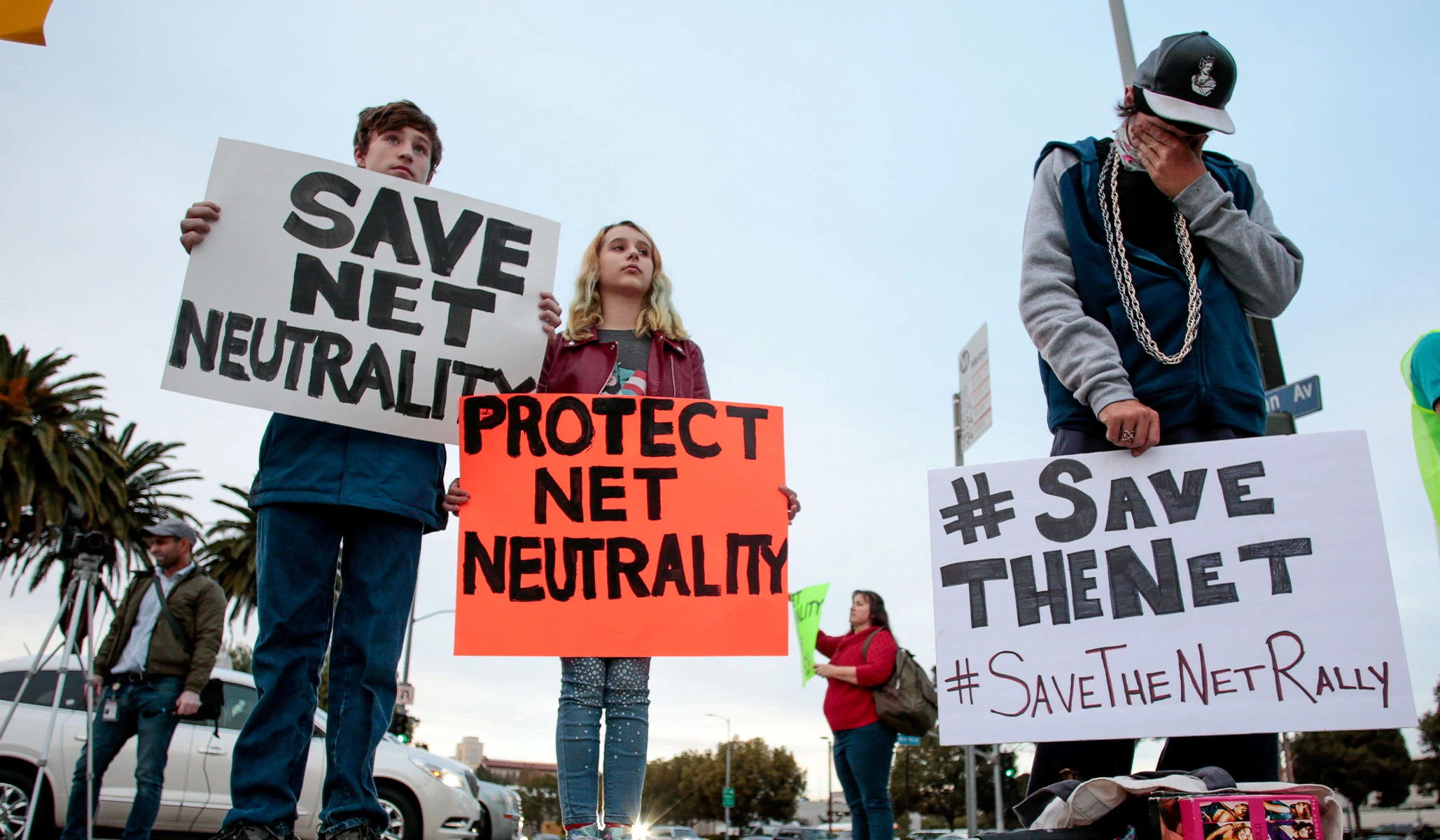Five years ago today, on June 11, 2018, the internet changed forever as the Federal Communications Commission (FCC) repealed net neutrality regulations. This decision sparked widespread concern and debate, with journalists, celebrities, and public officials expressing their fears about the impact on democracy and individual freedoms. To understand the significance of this decision, it’s important to delve into the background of net neutrality and the FCC’s role in regulating broadband internet-access service.
Net neutrality, often misunderstood as the ability of internet service providers (ISPs) to control or limit access to online content, actually revolves around how the FCC classifies broadband internet-access service. Should it be heavily regulated as a “telecommunications service” under the Communications Act, similar to the telephone service provided by Ma Bell in the past? Or should it be classified as a “lightly regulated information service,” free from extensive FCC oversight?
During the Clinton administration, FCC Chairman William Kennard opted for a light regulatory approach to encourage private investments in building broadband networks. He believed that government intervention was unnecessary, stating, “the best decision government ever made with respect to the Internet was the decision that the FCC made… NOT to impose regulation on it.” This approach continued during the Bush administration under Chairman Michael Powell and throughout the first six years of the Obama administration.
This approach proved successful for American consumers, as it led to significant network investments, the development of innovative broadband applications, and an open internet. However, in 2014, after the midterm elections favored Republicans, President Obama publicly urged the FCC to regulate the internet as a utility. The FCC chairman at the time, who initially proposed maintaining the “information service” classification, ultimately succumbed to pressure and embraced a heavy-handed regulatory approach.
As the newly appointed FCC chairman under the Trump administration, I proposed repealing these regulations in May 2017, and the FCC voted to do so in December of that year. On June 11, 2018, the repeal took effect. The media, social platforms, and politicians responded with doomsday predictions and hyperbolic statements.
However, five years later, we can objectively assess the impact of the FCC’s decision. The evidence shows that American consumers have benefited from stronger and more extensive broadband networks. According to independent measurement service Ookla, average fixed broadband speeds in the U.S. have increased by 287 percent since June 2018, and average mobile broadband speeds have increased by 570 percent. Millions more Americans now have internet access, thanks to private investments in digital infrastructure.
Moreover, competition in the broadband market has flourished. Residential fiber deployment reached record levels, wireless companies like T-Mobile offer high-speed 5G fixed wireless service, and companies like Starlink are using low-Earth-orbit satellites to provide broadband in rural areas. Cable companies are also expanding their networks and upgrading systems to deliver faster speeds.
The contrast between American and European broadband consumers during the Covid-19 pandemic is striking. While Americans relied on broadband networks for video calls and high-definition streaming, a European commissioner asked streaming services to reduce video quality due to concerns about strained infrastructure. Europe’s strict net-neutrality regulations have hindered investment in high-capacity broadband infrastructure.
Critics of the FCC’s decision warned of censorship and reduced access to vital services. However, the blocking of politically disfavored content has primarily come from Big Tech companies, not network operators subject to net-neutrality regulations. Twitter, for example, previously advocated for net neutrality but engaged in conduct that could potentially violate those same rules. The realization that Big Tech, not ISPs, wields significant control over online speech has prompted bipartisan support for reforming Section 230, which shields these companies from liability for content moderation.
Five years after net-neutrality regulations were repealed, the issue has largely faded from public discourse. The FCC’s decision has proven to be beneficial for broadband consumers, while the doomsday predictions have been discredited. If you’ve reached this point, congratulations! You’ve survived the so-called end of the internet as we know it and can now share your story online.

